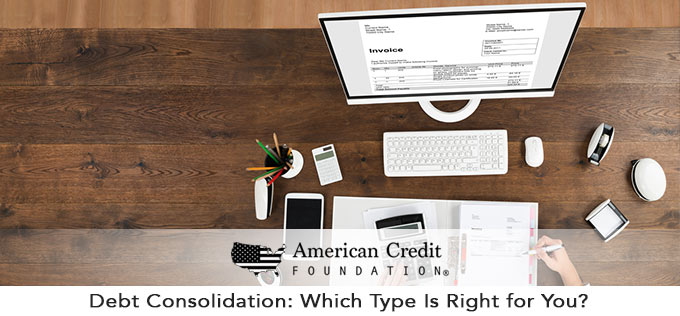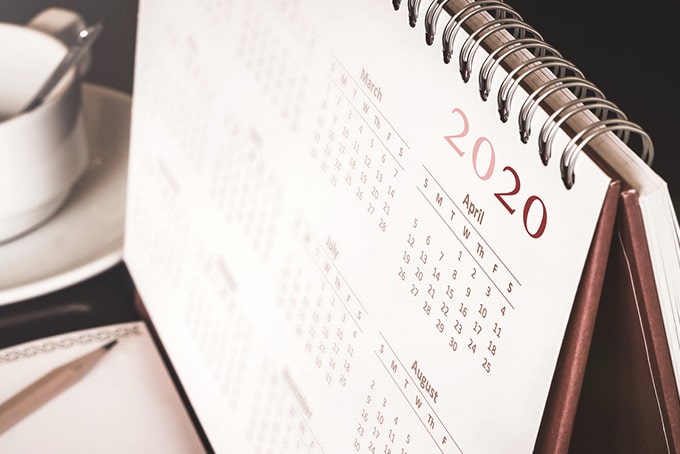
What’s more stressful than a pile of high-interest credit card debt? A pile of high-interest credit card debt that’s spread out over several cards, each with their own balances, minimum payments, interest rates, and due dates.
If you’re struggling with multiple credit cards with high balances, debt consolidation might be a good choice. Not only does consolidation make your debt easier to manage (a single balance and due date is much easier to stay on top of), it can also help you save money in the form of lower interest rates.
Of course, debt consolidation isn’t right for everyone, depending on your specific situation and financial philosophy. And there are several options for folks who want to consolidate their debts. In this article, we’ll look at the three most common methods for debt consolidation and the pros and cons of each one.
Balance Transfers
A balance transfer involves moving high-interest credit card debt(s) to a new credit card with a low (or even zero-percent) interest rate that can last anywhere from 6 to 18 months – and super-low interest means that more of your money is going toward paying down your balance.
You can probably see the appeal here: If you can pay off your debt during the introductory interest period, you could save hundreds (or even thousands) of dollars that would otherwise go toward interest. Keep in mind, though, that introductory periods can vary widely: Some introductory rates last more than a year, while others can last as little as 6 months. It’s a good idea to run the numbers and make sure that you can pay back what you owe within the allotted time.
A few things to consider before you apply for a balance transfer: Most of those ultra-low or zero-percent interest rates are reserved for folks with credit scores in the 600 to 700 range. You’ll also need to have some degree of discipline: A balance transfer will leave you with zero balances on your old credit cards, and you definitely don’t want to rack up new debt.
Loans (bank loan, HELOC, etc.)
A loan can be a useful, simple tool for debt consolidation. Use it to pay off all of your credit cards, leaving you with a single bank loan to repay. Bank loans typically have much more favorable terms and lower interest rates, so you’ll come out ahead.
You can apply for a personal loan, or – if you own your own home – you can also apply for a HELOC. What’s the difference? A HELOC – which stands for “home equity line of credit” – is money you borrow against your mortgage. It’s a type of secured loan, which means that if you fail to pay back what you owe in time, you could lose your house. Personal loans, on the other hand, are unsecured – as a result, you’ll need a solid credit score to qualify.
If you’re considering a bank loan, it’s worth noting that there’s a tradeoff for the lower interest rate that you get with a bank loan. Most of these loans come with a pre-determined, fixed repayment schedule, sort of like what you’d get with a car payment. It’s not a fast repayment method, but it’s easy to keep track of and much less stressful than juggling multiple credit cards.
Debt Management Plan
A debt management plan – or DMP, as they’re called in the industry – is a plan that’s arranged through a credit counseling company. Basically, your credit counselor negotiates with your credit card lenders on your behalf. Their goal is to either secure you lower monthly payments, reduce your outstanding balance, or get you a lower interest rate – or some combination of the three.

From there, your credit counseling company takes over your debt. You make your payments directly to the credit counseling company, and your credit counselor passes those payments on to your lenders. A DMP is more extreme, as far as consolidation strategies go. When you enroll in a DMP, your credit cards will be frozen and you will lose the ability to charge on them until you are completed with the program (which helps you get out of debt).
This doesn’t mean that a DMP is a “bad” option. If you’re on the brink of bankruptcy, if you have a very low credit score that disqualifies you from balance transfers and/or bank loans, or if you’ve already fallen way behind on your credit card payments, a DMP might be just the thing to get your debt into something manageable – and to get your financial life back on track once and for all.
Looking for more debt advice? Not sure which debt consolidation option is right for you? You can always contact our team at American Credit Foundation.